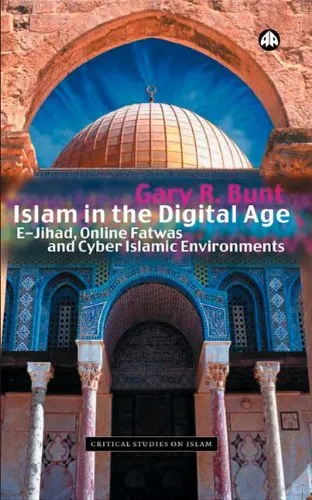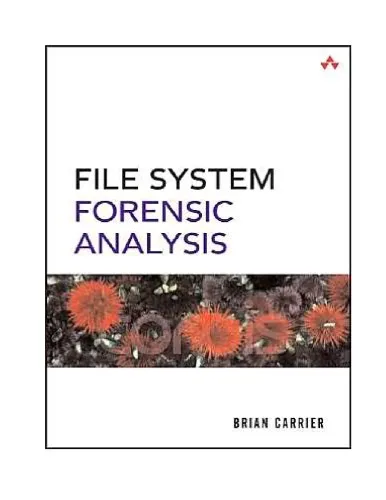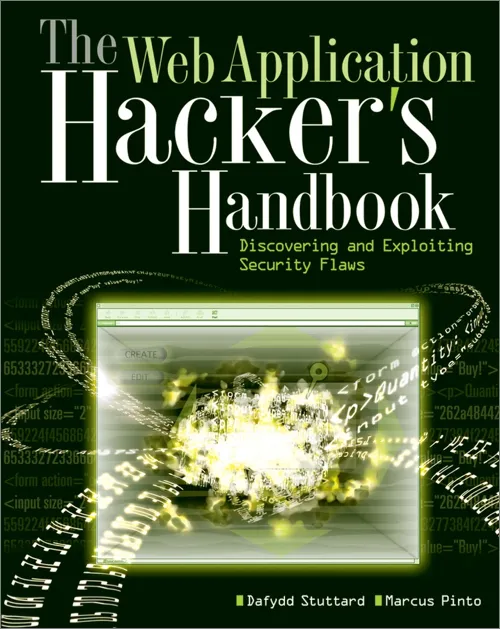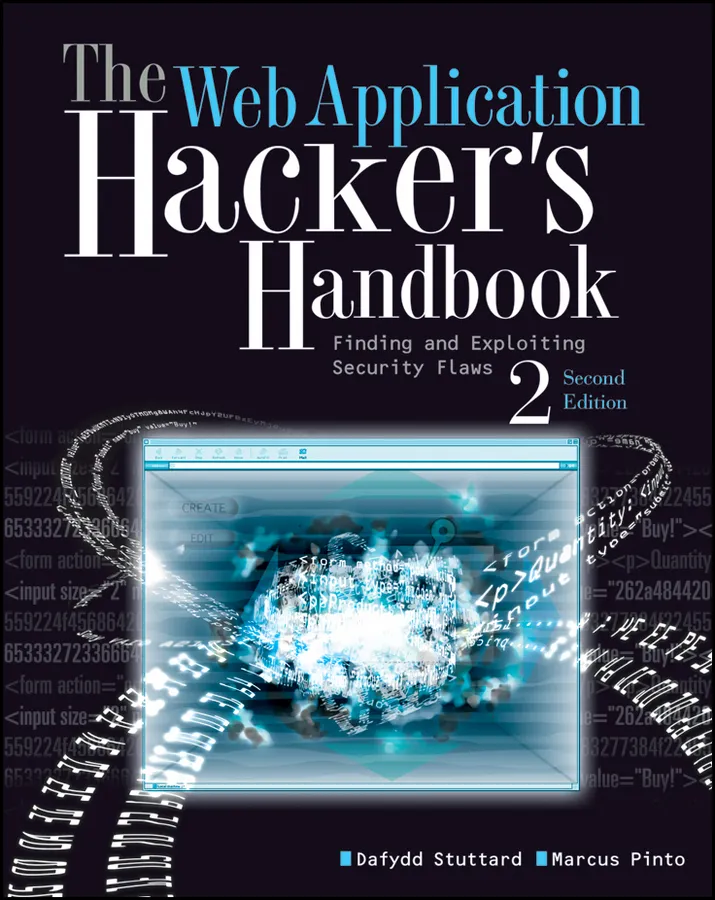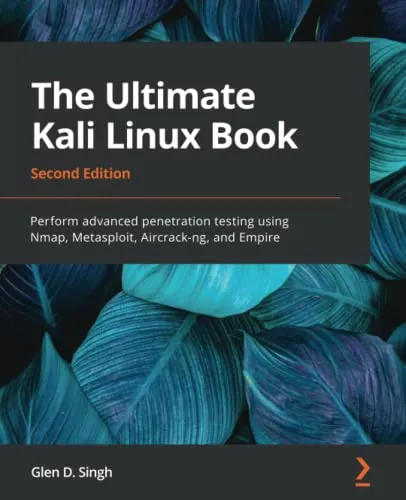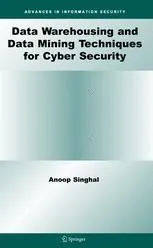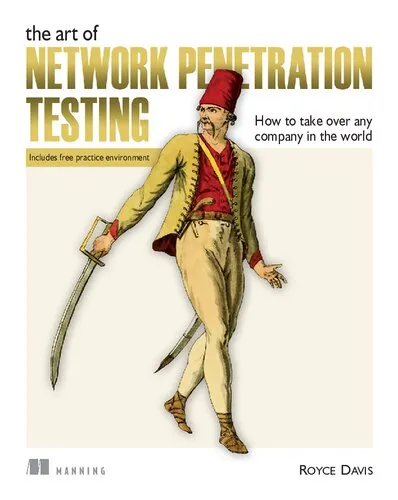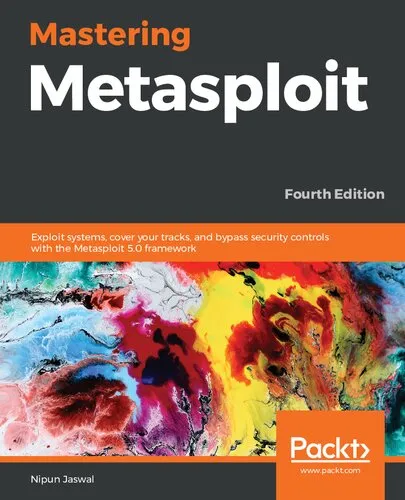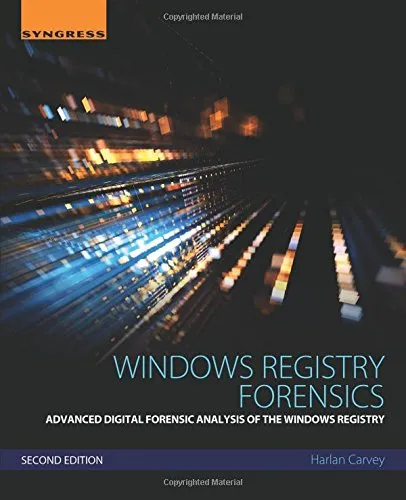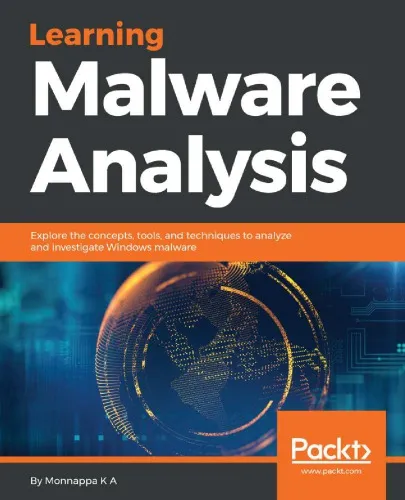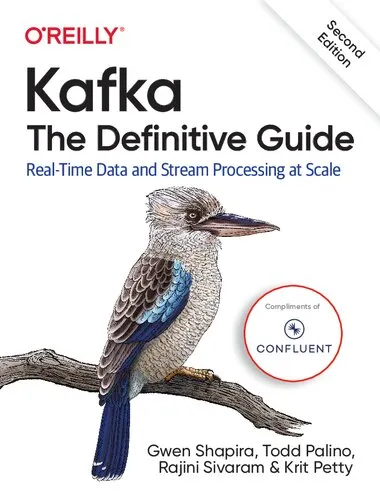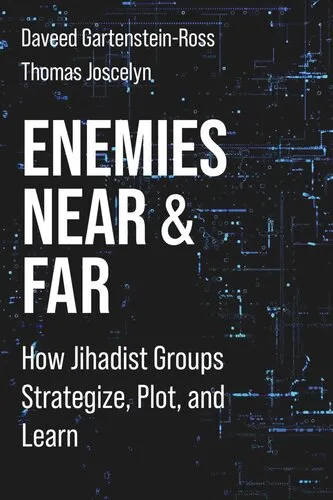Islam in the Digital Age: E-Jihad, Online Fatwas and Cyber Islamic Environme
4.5
Reviews from our users

You Can Ask your questions from this book's AI after Login
Each download or ask from book AI costs 2 points. To earn more free points, please visit the Points Guide Page and complete some valuable actions.Related Refrences:
Islam in the Digital Age: E-Jihad, Online Fatwas, and Cyber Islamic Environments
Islam in the Digital Age: E-Jihad, Online Fatwas, and Cyber Islamic Environments is an insightful exploration of how Islam has intersected with the rapidly evolving digital era. Written by Gary R. Bunt, this book provides an in-depth analysis of how the internet, social media, and technological advancements have fundamentally redefined religious practices, communication, and ideologies within the global Islamic community. The text examines pivotal themes such as the concept of electronic jihad (e-jihad), the dissemination of online fatwas, and the creation of "Cyber Islamic Environments," which serve as virtual spaces for religious engagement, learning, and networking.
This work combines comprehensive research with real-world examples to explore how Muslim communities, scholars, and activists utilize digital tools to shape religious discourse, inform believers, and, in some cases, propagate specific ideological agendas. By analyzing the profound impact of digital technologies on Muslim identities, practices, and beliefs, Bunt provides a nuanced understanding of this multifaceted transformation.
This introduction contextualizes the book's scope by underscoring the growing importance of understanding how modern technology influences religious practices, particularly in a globalized world. Whether you're a scholar, student, or someone with an interest in the intersection of religion and technology, this book offers a valuable framework for grasping the dynamics of Islam in the twenty-first century.
Detailed Summary of the Book
In Islam in the Digital Age, Bunt delves into three primary areas of study. First, the concept of "E-Jihad" explores how digital platforms are being used by various actors to engage in ideological battles, including the propagation of militant or political visions. Far from focusing solely on extremism, this analysis also evaluates how peaceful Islamic movements employ technology to reach wider audiences and advocate for religious awareness and activism.
The second area examines online fatwas—religious edicts issued over the internet by scholars and clerics. Bunt explores how technological tools facilitate unprecedented access to religious guidance, offering opportunities for interactive consultations. This section highlights the role of authority and authenticity in a digital era where such edicts can cross cultural and geographical boundaries instantaneously.
Lastly, Bunt investigates "Cyber Islamic Environments"—virtual spaces that serve a variety of purposes, from education and worship to dialogue and political mobilization. The discussion extends to the implications of social media platforms, blogs, forums, and websites in creating these environments. The book further identifies tensions between traditional Islamic scholarship and modern digital expressions of the faith.
Key Takeaways
- Digital tools have become indispensable for the practice, dissemination, and evolution of Islam in the modern age.
- E-Jihad is a multifaceted term, encompassing peaceful endeavors, activism, and, in some cases, extremist activities.
- Online fatwas demonstrate technology's role in reconfiguring the scope of religious authority across borders.
- Cyber Islamic Environments empower individuals to engage with religion on their own terms, even sparking debates about the democratization of religious knowledge.
- The book sheds light on the balance between traditional Islamic practices and the rapidly changing digital landscape.
Famous Quotes from the Book
“The digital age has opened limitless doorways to religious expression, connection, and, inevitably, conflict.”
“The democratization of religious knowledge through online mechanisms challenges long-standing hierarchies, while simultaneously creating new forms of authority.”
“E-Jihad signifies not only conflict in cyberspace but also the ongoing struggle for the soul of Islam in a digitally connected world.”
Why This Book Matters
Islam in the Digital Age is essential reading for anyone seeking to understand the complexities of Islam as it interacts with rapidly advancing technology. By addressing how information technology reshapes religious practices and narratives, the book offers invaluable insights into issues of authority, identity, and globalization. Its focus on the contentious, diverse, and evolving expressions of Islam in cyberspace makes it a foundational text in the study of digital religion.
In a time when religion and technology are increasingly intertwined, this book equips readers with a critical toolkit to navigate and understand the socio-political, cultural, and theological shifts shaped by the digital era. It underscores the importance of studying digital tools' impact on faith, not only for Muslims but for religious communities worldwide.
Free Direct Download
You Can Download this book after Login
Accessing books through legal platforms and public libraries not only supports the rights of authors and publishers but also contributes to the sustainability of reading culture. Before downloading, please take a moment to consider these options.
Find this book on other platforms:
WorldCat helps you find books in libraries worldwide.
See ratings, reviews, and discussions on Goodreads.
Find and buy rare or used books on AbeBooks.
1569
بازدید4.5
امتیاز0
نظر98%
رضایتReviews:
4.5
Based on 0 users review
Questions & Answers
Ask questions about this book or help others by answering
No questions yet. Be the first to ask!
